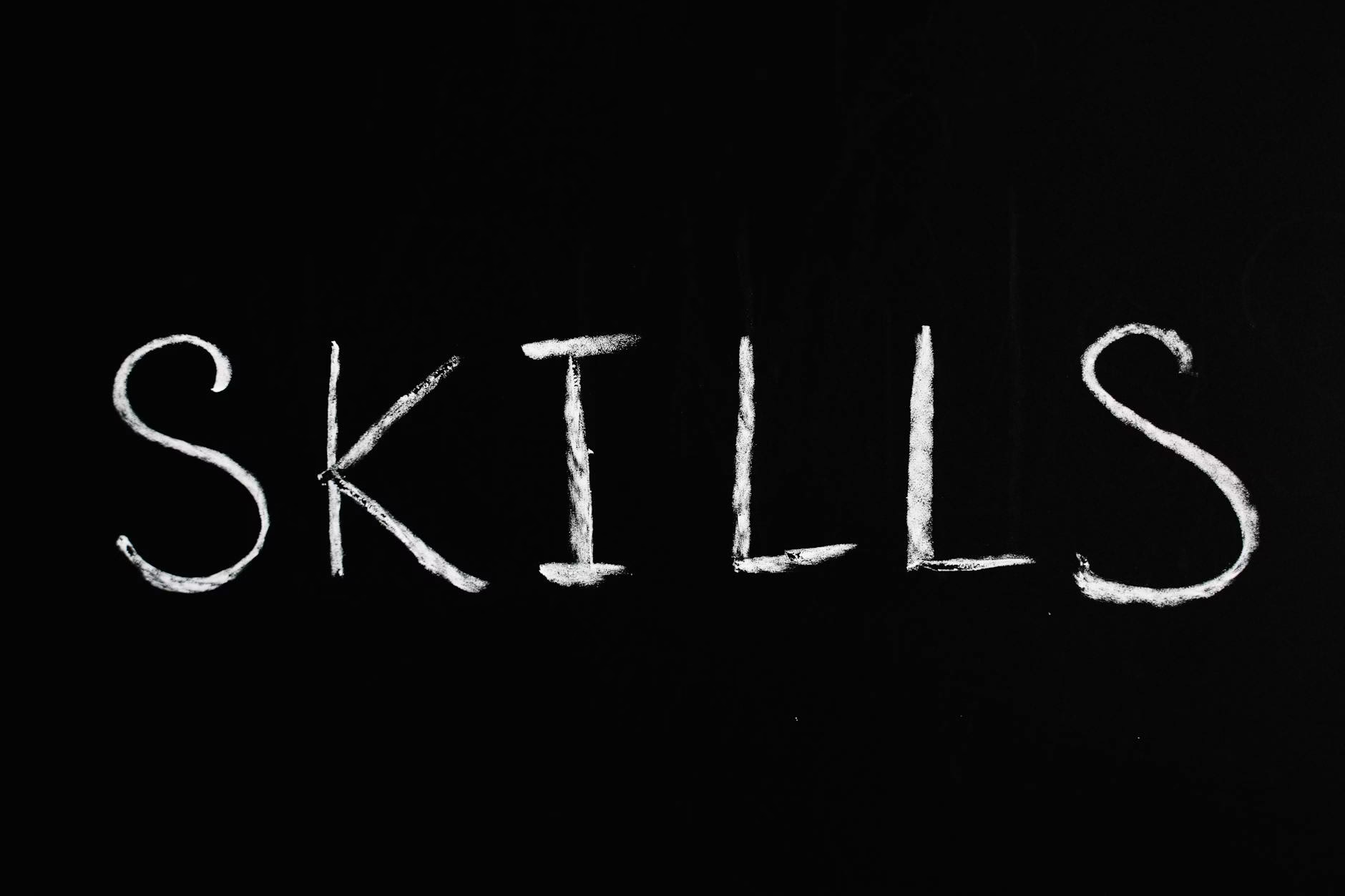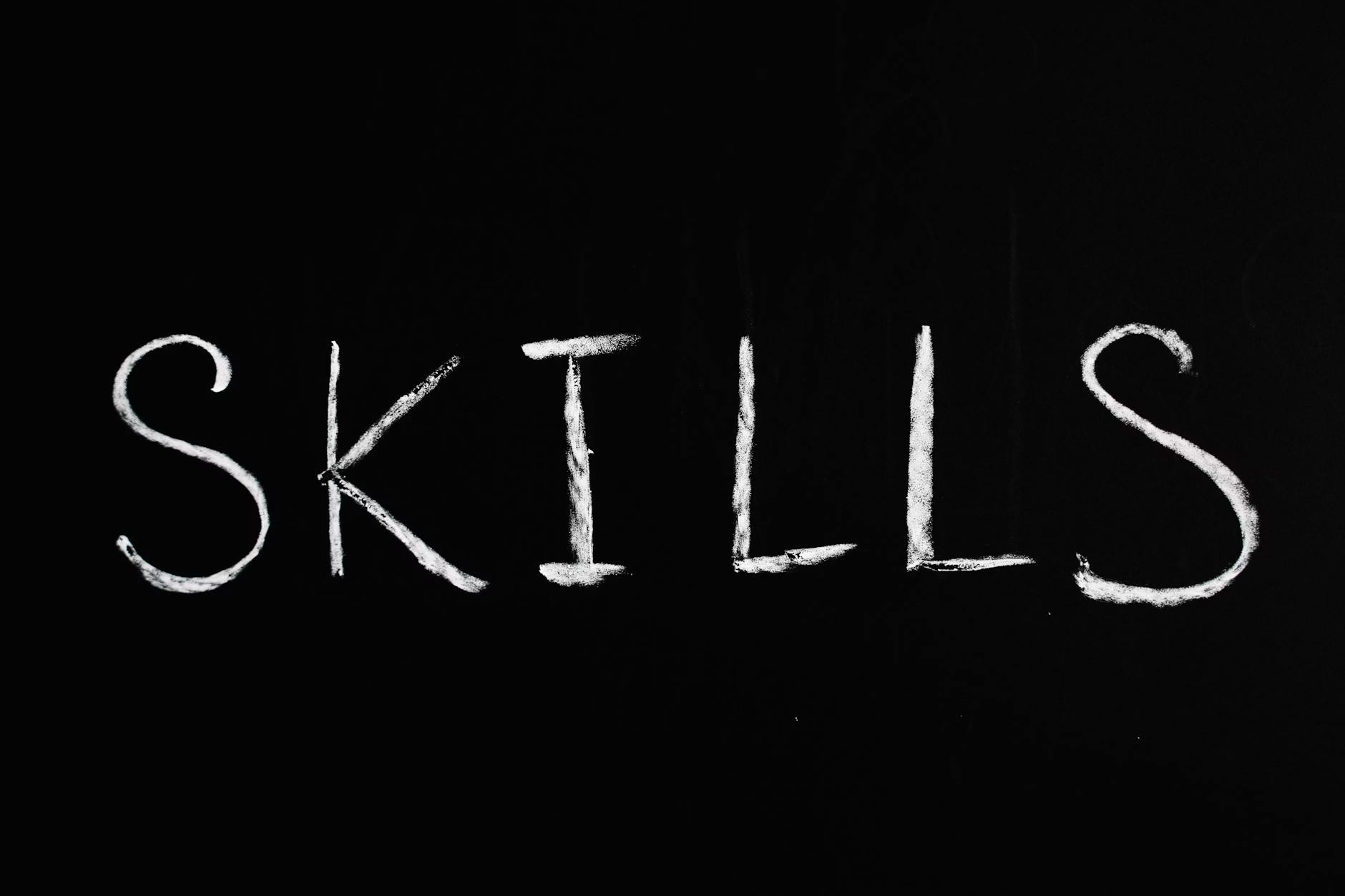In today’s competitive job market, employers aren’t just looking for technical expertise; they’re also seeking candidates who possess strong soft skills. Soft skills are often what set apart equally qualified candidates. They demonstrate your ability to work effectively with others, solve problems, and adapt to various situations.
This article delves into the most valuable soft skills you should highlight on your resume, how to effectively showcase them, and why they matter to employers across industries.
What Are Soft Skills?
Soft skills refer to interpersonal and behavioral traits that influence how you interact with others and approach your work. Unlike hard skills, which are technical abilities like coding or accounting, soft skills are more about personality and attitude.
For example, while a graphic designer might have the hard skill of mastering design software, their ability to collaborate with clients and meet deadlines is a soft skill that enhances their value. Soft skills are versatile, making them relevant to all job roles and industries.

Importance of soft skills in today’s workplace
Soft skills are essential for professional success and play a vital role in ensuring a productive and harmonious work environment. Unlike technical skills, soft skills focus on interpersonal abilities and personal attributes that influence how well you work with others and navigate challenges. Here’s why soft skills are so important:
1. Enhancing Communication
Effective communication ensures clarity in sharing ideas, avoids misunderstandings, and fosters collaboration. Whether in a team meeting, client interaction, or written correspondence, strong communication skills make processes smoother and more productive.
2. Building Strong Relationships
Soft skills such as empathy, active listening, and interpersonal abilities help in forming meaningful relationships with colleagues, clients, and stakeholders. These connections build trust and promote a positive workplace culture.
3. Driving Team Collaboration
Most roles involve working in teams. Soft skills like teamwork and adaptability help create synergy, ensure effective collaboration, and allow teams to achieve common goals efficiently. A team member with strong interpersonal skills often acts as a bridge, resolving conflicts and fostering unity.
4. Solving Problems Effectively
Problem-solving is a key soft skill that helps you analyze situations, brainstorm solutions, and implement them successfully. Employees with this ability contribute to the organization by addressing challenges proactively, driving efficiency, and fostering innovation.
5. Adapting to Change
In today’s fast-changing work environment, adaptability is crucial. Whether it’s adopting new technologies, adjusting to organizational shifts, or learning new skills, employees with strong adaptability thrive and help organizations stay competitive.
6. Boosting Leadership Potential
Leadership isn’t just about managing people—it’s about inspiring them, making decisions, and building a vision. Strong soft skills, such as emotional intelligence and decision-making, empower leaders to motivate teams and drive success.
7. Increasing Employability
Soft skills are among the top attributes employers look for in candidates. A survey by LinkedIn found that 89% of recruiters say that when a new hire doesn’t work out, it’s often due to a lack of soft skills rather than technical abilities.
8. Improving Customer Experience
In customer-facing roles, skills like empathy, active listening, and effective communication lead to better customer service. Satisfied customers are more likely to return, boosting brand loyalty and profitability.
9. Fostering Personal Growth
Soft skills contribute to self-awareness, emotional regulation, and relationship-building, which are critical for personal development. These skills also build resilience, helping individuals handle stress and maintain a healthy work-life balance.
10. Future-Proofing Your Career
As automation and AI take over repetitive tasks, the value of uniquely human skills—like creativity, empathy, and critical thinking—is increasing. Soft skills make you irreplaceable in a tech-driven world.
10 Top Soft Skills for Resumes for Job Applications in 2025

- Communication Skills
Communication is fundamental to any role. Employers value candidates who can clearly express ideas, actively listen, and engage in constructive dialogue.- Examples to showcase: “Drafted and presented project proposals, leading to a 20% increase in client approvals.”
- Why it matters: Effective communication prevents misunderstandings, fosters collaboration, and drives productivity.
- Teamwork and Collaboration
The ability to work well with others is essential in team-based environments.- Examples to showcase: “Collaborated with a cross-functional team to launch a product, achieving a 15% increase in sales.”
- Why it matters: Strong teamwork skills lead to better project outcomes and a healthier workplace culture.
- Problem-Solving
Employers highly value individuals who demonstrate critical thinking and the ability to devise effective solutions to challenges.- Examples to showcase: “Identified a bottleneck in production and implemented a strategy that reduced delays by 30%.”
- Why it matters: Problem-solving ensures efficiency and innovation.
- Adaptability
The modern workplace is constantly evolving, and flexibility is key.- Examples to showcase: “Adapted to new remote working tools, ensuring seamless team communication during a company-wide transition.”
- Why it matters: Adaptability helps you thrive in changing circumstances.
- Time Management
Managing time effectively ensures that tasks are completed efficiently.- Examples to showcase: “Consistently met tight deadlines for client projects, maintaining 100% on-time delivery.”
- Why it matters: Time management demonstrates reliability and organizational skills.
- Leadership
Even if you’re not in a managerial position, leadership skills show initiative and the ability to inspire others.- Examples to showcase: “Led a team of 5 in organizing a corporate event, increasing employee engagement by 25%.”
- Why it matters: Leadership fosters a motivated and productive team environment.
- Emotional Intelligence
Understanding and managing emotions effectively is a critical skill in today’s workplace.- Examples to showcase: “Mediated conflicts within the team, improving collaboration and morale.”
- Why it matters: Emotional intelligence helps build stronger relationships and handle stressful situations with poise.
- Work Ethic
Dedication and dependability are traits every employer values.- Examples to showcase: “Maintained 100% attendance for 3 consecutive years.”
- Why it matters: A strong work ethic reflects commitment and professionalism.
- Attention to Detail
Precision and accuracy can make or break a project.- Examples to showcase: “Reduced data entry errors by implementing a double-check system, increasing accuracy by 40%.”
- Why it matters: Attention to detail ensures quality and reliability.
- Interpersonal Skills
Building strong relationships and networking are key to success in any role.- Examples to showcase: “Established partnerships with local businesses, boosting community outreach initiatives.”
- Why it matters: Strong interpersonal skills foster teamwork and trust.
How to Highlight Soft Skills on Your Resume
- Tailor Your Skills to the Job Description
Read the job posting carefully and align your soft skills with the employer’s requirements. If teamwork and adaptability are emphasized, make sure they are prominent in your resume. - Use Action Verbs and Achievements
Instead of listing soft skills generically, provide specific examples.- Instead of: “Good at teamwork.”
- Use: “Collaborated with cross-departmental teams to streamline processes, reducing project timelines by 15%.”
- Incorporate Soft Skills Into Work Experience
Highlight soft skills within your job responsibilities or achievements. For example, under a marketing role, you might write:- “Managed client relationships, leading to a 25% increase in repeat business.”
Examples of Resume Phrases with Soft Skills
- “Demonstrated leadership by mentoring junior staff, resulting in a 20% increase in team productivity.”
- “Used effective communication skills to present quarterly reports, gaining stakeholder buy-in.”
- “Applied problem-solving skills to reduce inventory costs by 15% through process optimization.”
How to Develop and Improve Soft Skills

- Enroll in Training Programs
Online platforms like LinkedIn Learning and Coursera offer courses in communication, leadership, and more. - Practice in Real-Life Scenarios
Volunteer for work or community projects to develop teamwork and problem-solving skills. - Seek Feedback
Ask colleagues or mentors for constructive feedback on areas to improve.
Soft skills vs hard skills
When crafting your resume or preparing for an interview, understanding the distinction between soft skills and hard skills is crucial. While both are vital for career success, they serve different purposes and are assessed differently by employers.
What Are Soft Skills?
Soft skills are non-technical, interpersonal, and personality traits that influence how you interact with others and approach your work. They are often transferable across industries and roles.
- Examples of soft skills are communication, teamwork, problem-solving, adaptability, leadership, and emotional intelligence.
- How they’re acquired: Soft skills are developed through life experiences, self-awareness, and interactions with others.
What Are Hard Skills?
Hard skills are technical, job-specific abilities that can be taught, measured, and demonstrated. They are often acquired through education, training, and hands-on experience.
- Examples of hard skills include programming languages, data analysis, graphic design, accounting, and proficiency in specific software tools.
- How they’re acquired: Hard skills are gained through formal education, certifications, or on-the-job training.
Key Differences Between Soft and Hard Skills
| Aspect | Soft Skills | Hard Skills |
|---|---|---|
| Definition | Interpersonal traits and behaviors. | Technical abilities and knowledge. |
| Measurement | Subjective and harder to quantify. | Objective and easy to measure. |
| Acquisition | Developed through experience and personal growth. | Learned through training, education, or practice. |
| Application | Applicable across industries and roles. | Role- and task-specific. |
| Examples | Communication, empathy, teamwork, adaptability. | Coding, project management, machine operation. |
Importance of Soft and Hard Skills in the Workplace
- Soft Skills:
- Foster collaboration and positive relationships in the workplace.
- Enable effective leadership and conflict resolution.
- Essential for customer service and client interactions.
- Hard Skills:
- Ensure you have the technical expertise to perform specific job tasks.
- Prove your qualifications through certifications or portfolio work.
- Provide the foundation for solving specialized problems.
How Soft and Hard Skills Work Together
Employers value both skill types because they complement each other. For example:
- A software developer with strong technical skills (hard skills) may succeed more if they also possess problem-solving and communication skills (soft skills).
- A manager may lead effectively not just by understanding operations but also by motivating their team through emotional intelligence.
Balancing Soft and Hard Skills on Your Resume
- Highlight Relevant Skills:
Tailor your soft and hard skills to the job description. For example:- Hard Skill: “Proficient in Microsoft Excel for data analysis.”
- Soft Skill: “Collaborated with cross-functional teams to implement data-driven strategies.”
- Use Metrics for Hard Skills:
Quantify your achievements with hard skills, such as:- “Increased website traffic by 30% through SEO optimization.”
- Demonstrate Soft Skills in Context:
Embed soft skills in examples, like:- “Led a team of 10 to complete a project ahead of schedule, improving team collaboration and client satisfaction.”
Conclusion
Soft skills are the backbone of professional success. By showcasing them effectively on your resume, you increase your chances of standing out in a crowded job market by showcasing them effectively on your resume. Remember to tailor your resume to the job description, use action-driven examples, and continually work on improving these essential skills.
With the right blend of soft and hard skills, you’ll secure interviews and thrive in your career.

